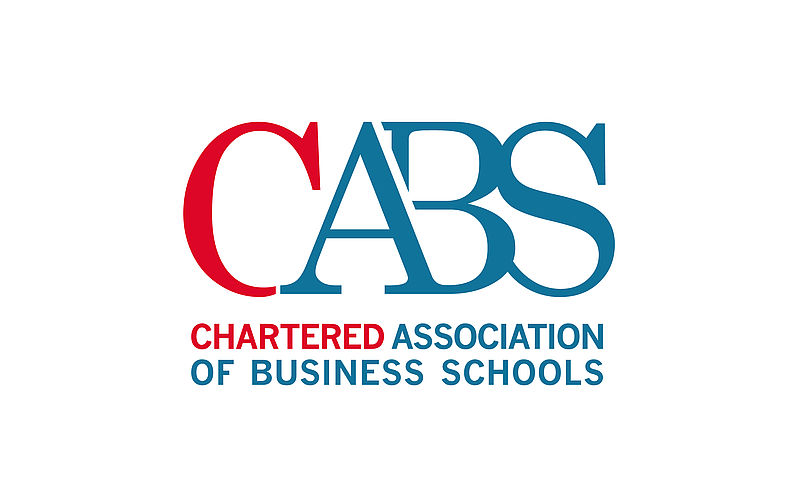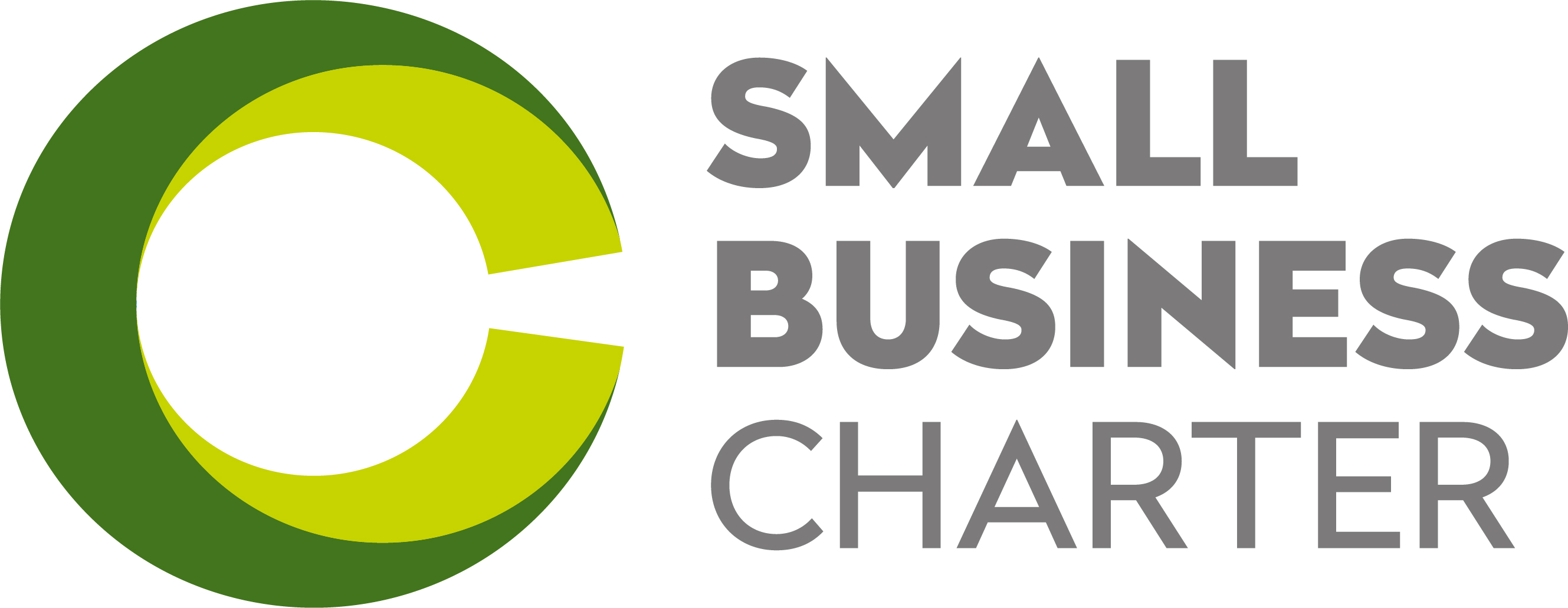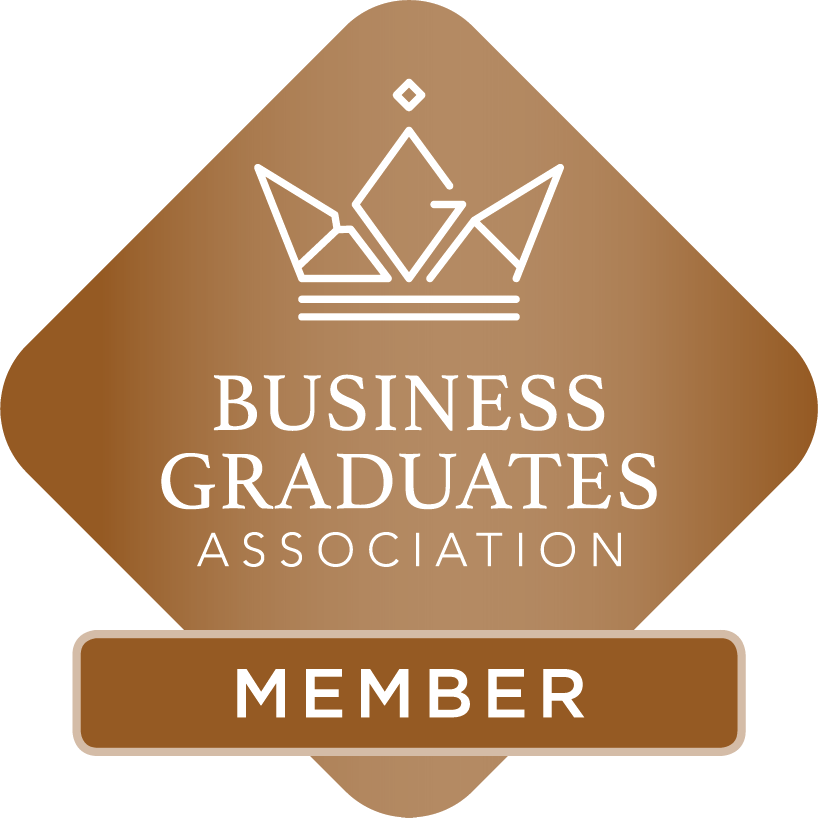About this course
During your MBA programme, you will be introduced to a variety of leadership, management and organisational theories, concepts and professional practices. You will study a number of modules including Organisations and Management, Managing Operations and Processes, Strategic Financial Management, Innovation, Creativity and Enterprise and Business and Sustainability.
Our teaching is research-informed, and the business world examples we use on the programme are contemporary, authentic and relevant. The course is taught through a 'block teaching' mode, which allows you to fully immerse yourself in the subject matter. Additional masterclasses, bespoke one-to-one assessment surgeries and multiple opportunities for networking with our Leeds Trinity students, staff and Leeds Trinity business networks, bring an added element to your learning.
Every module is taught 3 x 7 hour days (Wednesday, Thursday and Friday) in the first week. You will then undertake seven hours on the following two Wednesdays which will be ‘MBA PLUS’ (Professional Learning and University Scholarship). This is a timetabled programme of events such as Masterclasses, networking and assessment surgeries.
The full-time Professional Placement option offers you the chance to enhance your qualification by spending a year completing an industry placement or engaging with a research project at the University. Although we cannot guarantee placements for students, we will provide you with practical support and advice on how to find and secure your placement.
Accreditation
-(002)-180x180.png)
On this course, you'll have the opportunity to graduate with Dual Award status with the Chartered Management Institute (CMI).

-(002)-180x180.png)
.jpg)


